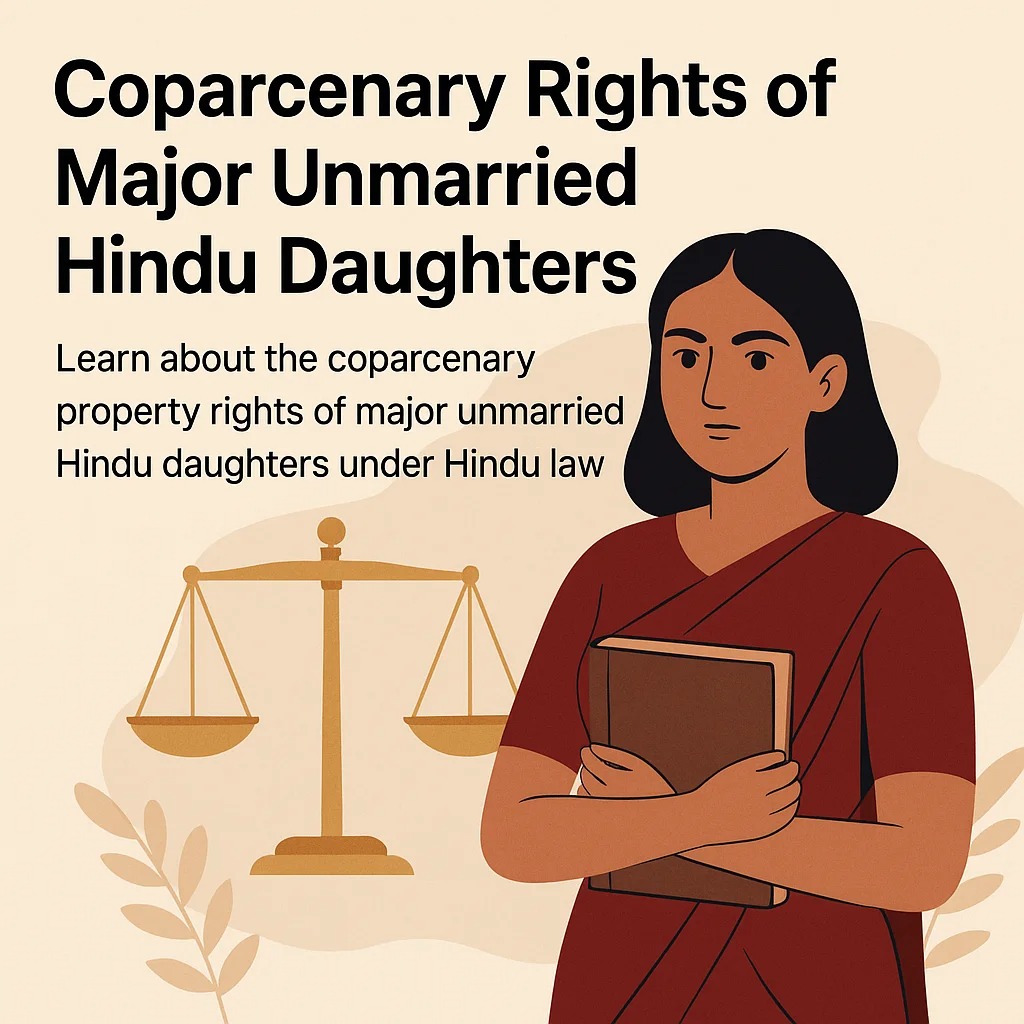T.D. Sugla, J.@mdashIn this department reference relating to the assessee''s surtax assessment for the assessment year 1970-71, the Tribunal has referred to this court the following two questions of law u/s 256(1) of the Income Tax Act, 1961, as applied to surtax by section 18 of the Companies (Profits) Surtax Act, 1964 :
"1. Whether, on the facts and in the circumstances of the case, the Tribunal was right in holding that the sum of Rs. 6,96,000 being retiring gratuity merged in the general reserve should not be deducted for computing the capital base for the assessment year 1970-71 under the Companies (Profits) Surtax Act, 1964 ?
2. Whether, on the facts and in the circumstances of the case, the Tribunal was right in holding that rule 4 of the Second Schedule to the Companies (Profits) Surtax Act, 1964, could not be invoked while computing the capital base for the assessment year 1970-71, in respect of deduction given u/s 80-I of the Income Tax Act, 1961 ?"
2. Learned counsel are agreed that, in view of the Supreme Court judgment in the case of Second Income Tax Officer and Another Vs. Stumpp Schuele and Somappa (P) Ltd., , the second question is required to be answered in the affirmative and in favour of the assessee. This question is so answered.
3. As regards the first question, however, while Dr. Balasubramanian, learned counsel for the Revenue, states that this question is also covered by the Supreme Court decision in the case of Vazir Sultan Tobacco Co. Ltd., Hyderabad and Others Vs. Commissioner of Income Tax, Andhra Pradesh, Hyderabad, , Mr. Dalvi, learned counsel for the assessee, contends that it is not so. In this context, Mr. Dalvi fairly admits that, up to the previous year for the assessment year 1965-66, an amount of Rs. 6,96,000 did appear as retiring gratuity reserve in the books of the assessee. However, by a resolution passed some time in the year 1965, this amount was transferred to the general reserve from the retiring gratuity reserve. For the subsequent assessment years, the Tribunal, it was pointed out, had accepted the assessee''s claim that the entire amount standing to the credit of the general reserve including the amount transferred from the retiring gratuity reserve formed part of the assessee''s capital for the purpose of surtax assessment and the department did not challenge the Tribunal''s orders by coming in reference to this court. Further, rule 1A, which was inserted in Schedule II to the Surtax Act, it was stated, provides for reduction of capital by taking into account such liabilities which are not provided for fully or partly. This rule was introduced from April 1, 1975. The effect of the insertion of this rule with effect from April 1, 1975 is that, prior to the assessment year for the assessment year 1974-75 and earlier, if an assessee had not made any provision or created a reserve for gratuity liability, the gratuity liability could not have been taken into account for the purpose of capital computation. There being admittedly no provision or reserve standing to the credit of the retiring gratuity reserve for the year in question, he contended that the capital could not be reduced by the amount of a reserve which once existed.
4. Mr. Dalvi also made an attempt to derive support from our court''s judgment in the case of Commissioner of Income Tax Vs. Burmah Shell Refineries Ltd., . In that case, dividend was declared and was to be distributed specifically out of general reserve; our court held that the declaration of dividend did not relate back so as to reduce the capital.
5. In our judgment, the arguments advanced by Mr. Dalvi, though ingenuous, cannot be accepted. The reason is that, in tax matters, what is material is what has been done and not what could have been done. In the case before us, it is a fact that the assessee had set apart an amount to the credit of the retiring gratuity reserve. In that year, it was admittedly taken to be a provision and not as a reserve. The mere fact that it has been subsequently transferred to the general reserve cannot and should not, in our opinion, make any difference. To say the least, it will be too obvious a device to avoid tax. No doubt, in Vazir Sultan Tobacco Co. Ltd., Hyderabad and Others Vs. Commissioner of Income Tax, Andhra Pradesh, Hyderabad, , there was a provision for gratuity and the observations made therein are naturally in connection therewith. Since, however, in our view, mere transfer of an amount from a reserve under one head to another does not and should not make any difference, in our opinion, the Supreme Court judgment is squarely applicable. Accordingly, we hold that even though during the year in question there is no retiring gratuity reserve as such, out of the amount standing to the credit of that reserve was transferred to the general reserve (sic). Only that part of the reserve will constitute a reserve as is found to be in excess of the assessee''s liability in that regard on the basis of actuarial valuation as on the relevant date. The answer to the first question will, therefore, also be in the negative and in favour of the Revenue. However, while giving effect to our judgment, the Tribunal will have to find out the excess, if any, in the said amount of reserve over the assessee''s liability and treat that part as a reserve.
6. No order as as to costs.

